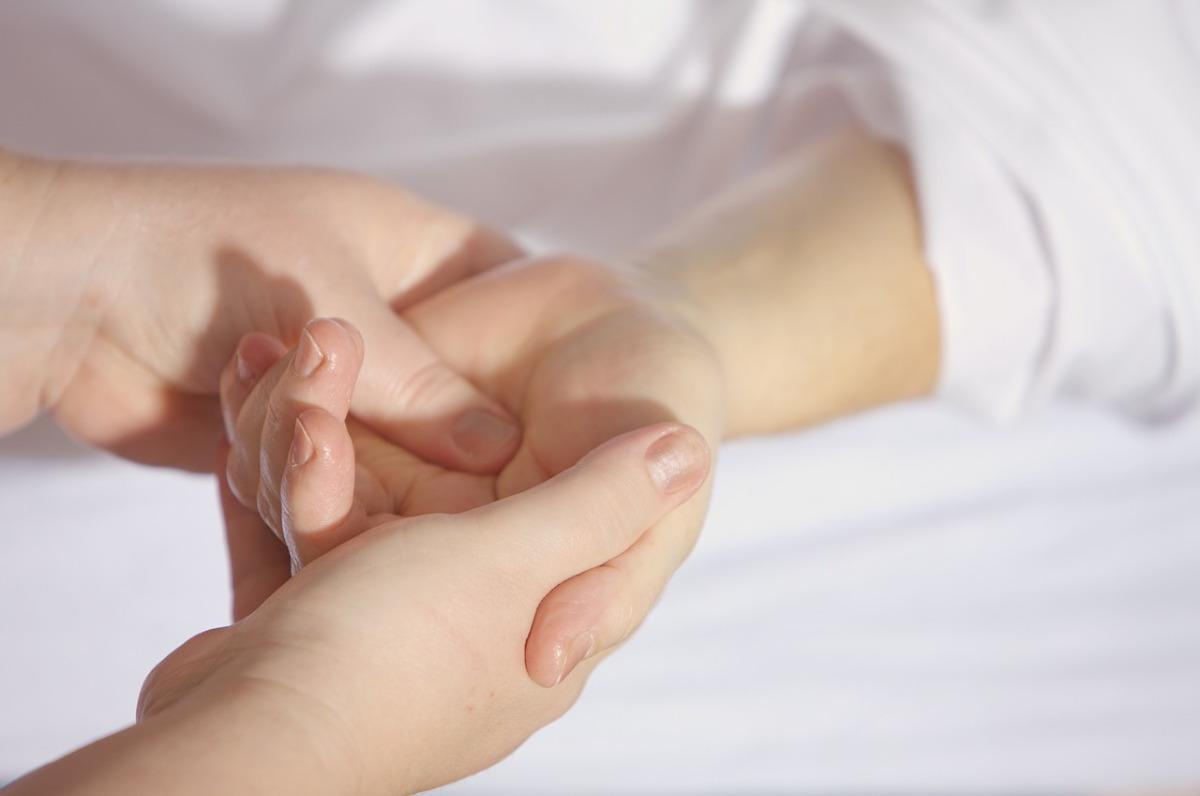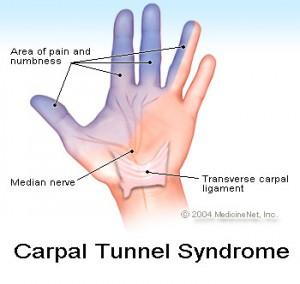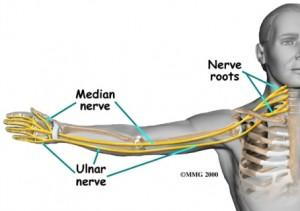
Carpal Tunnel Syndrome is an increasingly common condition that affects many working age adults. In fact, Carpal Tunnel Syndrome or (CTS) is one of the most common conditions we see in our office today. It is no wonder we see so many CTS patients as the statistics on the condition are staggering. CTS affects 1 percent of the general population and 5 percent of the working population. (Plastic and Reconstructive Surgery 2000). Further more among all work relatedinjuries Carpal Tunnel results in the highest number of days lost at 31 days or more on average. (National center for health statistics.) What is worse is that according to the Bureau of labor and Statistics and the National Institute for Occupational Safety and health only 23% of workers who undergo surgery for carpal tunnel syndrome are able to return to there previous professions fallowing surgery.
 Who is at risk?
Who is at risk?
CTS is considered a repetitive stress injury, meaning that it develops over time due to continued micro-trauma to the nerves leading into our hand. Working age adults are most likely to suffer from CTS, particularly those who do repetitive work with their hands such as typing. Poor posture at work also increases the likelihood of suffering from CTS.

How is it Diagnosed?
Diagnosis of CTS is achieved using several different techniques including a detailed history of the condition; a thorough exam with orthopedic and neurological tests, and often times some diagnostic testing such as X-ray, MRI, or NCV. (Nerve Conduction Velocity tests)
CTS is a condition affecting the Median Nerve distribution into the hand. Signs and symptoms include numbness, tingling, pain and or weakness in the median nerve distribution, which includes the thumb, the index, and the middle finger. Nerves carry energy and information from the brain. When a nerve has pressure on it or is compressed some of that energy and information is not able to reach its final destination; in carpal tunnel syndrome this in the hand. From the path the nerve takes from the brain to its final destination in the hand it is important that the nerve is not compressed. The nerve may be compressed in several locations such as in the neck region, the shoulder region the elbow region and finally the carpal tunnel region which is in the wrist. In many carpal tunnel patients the nerve can be compressed in several different locations along the way. This is called the double crush phenomenon. Think of the nerve like a hose if you step on a hose at several locations at the end of the hose there will be very little water to come out. Likewise at the end of the nerve there will be very little energy and information from the brain. It is very important the physician is able to properly locate where compression on the nerve is taking place to achieve the greatest success in treatment.
How it is treated
Your provider has several different options in treating your CTS. One of the most common procedures is surgery to try and decompress the carpal tunnel region but it is not necessary in all cases. Earlier intervention includes stretching, bracing or splinting, injections, manual therapy at the nerve entrapment sites, and changes in work place ergonomics and posture.
In conclusion it is highly important that your provider assess everything from your neck to your hand when diagnosing and treating your CTS symptoms doing this will give you the patient the best chance at success. We are aware that you have many options in choosing a provider for your health care services and are honored by your trust in us for those needs. If you, a friend or a family member are suffering from CTS it would be our honor to help you with our services.
Call today for a free consultation 678-494-9668

 What is really going on?
What is really going on?